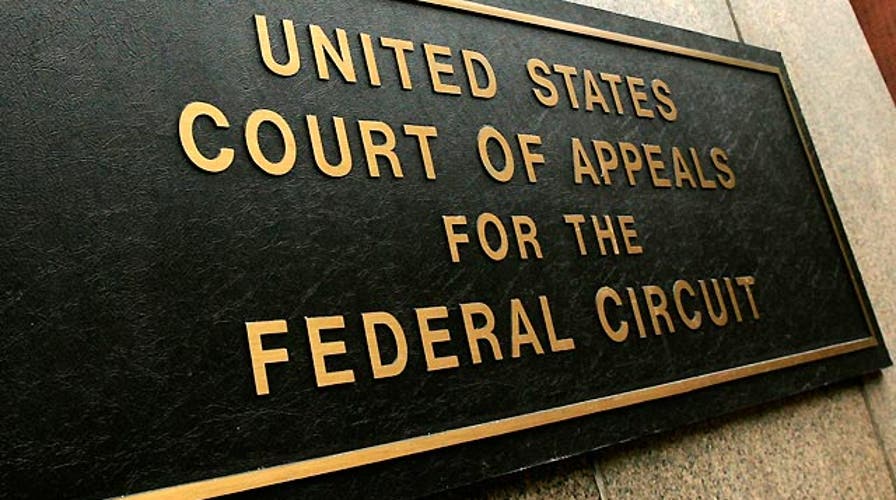There is a battle brewing over President Obama's three nominees to fill open seats on the D.C. Circuit Court of Appeals.
The court is critical for a number of reasons, including the fact that it is the primary source of appeals related to federal agencies and their regulations.From the IRS to the EPA, the court is often charged with deciding just how far the powers of federal agencies do, or don't, reach.
In addition, it's often seen as a stepping stone to the U.S. Supreme Court. Four of the current Justices served on the D.C. Circuit bench before being appointed to the nation's highest court.
Nominees Patricia Millett and Cornelia Pillard passed through the Senate Judiciary Committee along party line votes, as is expected for the third nominee, U.S. District Judge Robert Wilkins.
Senate Majority Leader Harry Reid, D-Nev., has signaled Millett's nomination could be put to a vote in the full Senate as soon as Wednesday. Pillard and Wilkins are expected to follow in short order.
In the past, the parties tussled over nominations to the D.C. Circuit when President George W. Bush was in the White House, leading to epic showdowns and lengthy delays.As some Democrats did back then, Republicans are now arguing that the workload of the D.C. Circuit doesn't justify 11 judges.
Sen. John Cornyn, R-Texas, says since 2005, "The total number of written decisions per active judge actually went down by 27 percent, the number of appeals filed with the court fell by 18 percent."
Of the thirteen federal appeals courts, four have “judicial emergencies," which is a definition based on the case load and number of open seats.The D.C. Circuit is not one of them.
The current make up of the court is equally divided between appointees from Republican and Democratic presidents, and several Democrats have publicly expressed their desire to tilt the balance by making sure the president's nominees make it to the bench.
However, a number of Republican state attorneys general have sent a letter to senators, urging them to be wary of that plan.They argue that the president "is attempting to use that court to slant the playing field sharply in his favor with regard to challenges to his aggressive regulatory agenda-an agenda that is otherwise unconstitutional or too controversial to be approved by Congress."
It's unclear whether GOP senators are working on any formal plan to filibuster or block the nominees, but there is another wrinkle Reid may face: a pledge by Sen. Lindsey Graham, R-S.C.
He's vowing to keep all of the president's nominees from moving forward until he gets more information about the September 11, 2012 attack in Benghazi that left four Americans dead.
"I'm going to block every appointment in the United States Senate until the survivors are being made available to the Congress," he said.





